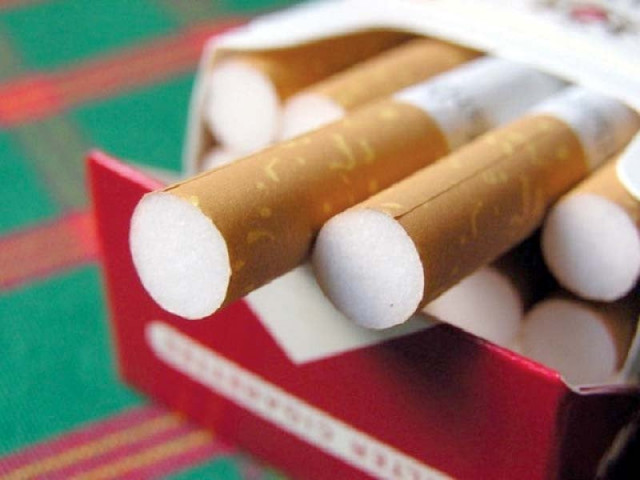Tobacco farmers warn against FED hike
Say move will give rise to illegal players

Tobacco farmers from economically marginalised areas of Khyber-Pakhtunkhwa (K-P) have expressed their concern over the recent increase in federal excise duty (FED) on cigarettes. They have warned that the move will reduce economic prospects for tobacco farmers, increase poverty and unemployment, and may even encourage some farmers to turn to anti-national elements, thereby threatening the integrity of the country.
At a press conference attended by tobacco farmers from Mardan and Swabi districts of K-P, the farmers highlighted the social and economic impacts of the FED increase on the tobacco industry. They pointed out that tobacco is an important cash crop and any threat to this crop is a threat to the survival of tobacco farmers, which could cause serious socio-economic consequences.
The transfer of a large portion of the tobacco crop from the legal industry to illegal players would reduce economic prospects and result in inordinate delays in payments, affect cash flow, and unemployment. Only two tobacco companies, with a market share of around 60%, contribute 98% of the tobacco tax collection, whereas all other tobacco companies operating locally contribute only 2% to the national exchequer despite having a market share of about 40%. More than 90 tobacco companies default on taxes, causing a loss to the national exchequer.
The farmers suggested that the government should crack-down against companies and brands selling illegal cigarettes and bring them under the tax ambit.
It is worth mentioning that the government collected Rs153 billion in taxes from two companies in 21-22 while a target of Rs200 billion was set for 22-23 that was further revised to Rs315 billion, slapping the legal tobacco industry with additional taxes of more than 150%.
Published in The Express Tribune, March 29th, 2023.
Like Business on Facebook, follow @TribuneBiz on Twitter to stay informed and join in the conversation.



















COMMENTS
Comments are moderated and generally will be posted if they are on-topic and not abusive.
For more information, please see our Comments FAQ